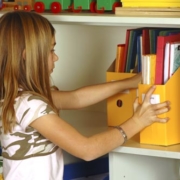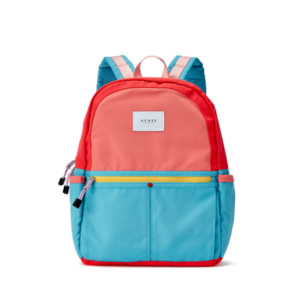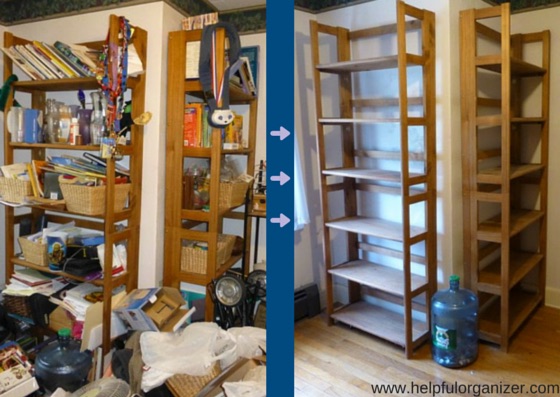10 Things You Can Automatically Get Rid Of
My mother-in-law shared this article with me, 10 Things You Can Toss Without Thinking Twice and after I read it I declared, “I can think of a lot more things to toss without a second thought.” So here is my list of 1o .
1.Used gift wrap
I grew up saving gift wrap, tissue paper, ribbons, and bows to reuse again and again. Sometimes it got used and other times it didn’t. So, my current guideline is if it doesn’t get reused within a year it gets recycled or used as filler in packaging. If I over buy and have a surplus amount I donate to Birthday Wishes.
2. Expired medications
Many people ask me about the authenticity of expiration dates on medications. Here is an article that addresses that issue, but ultimately you’ll have to make a decision on the best practice for you and your family. Two places I’ve used for medication disposal are the police station and CVS stores. Your local police station will take back medications and dispose of them properly. Some CVS stores have disposal kiosks inside by the pharmacy for convenient drop offs. The CVS I use in North Attleboro, MA has a kiosks.
3. Plastic grocery store bags
I’ve collected a ton of these since March 13, 2020. How about you? I’ve been itching to recycle them, and I’m happy to see that stores are now taking them back. I brought mine to Target and Stop & Shop for recycling.
4. Boxes for items purchased
The only boxes I hold onto for 6-9 months are technology item boxes. All the other boxes get broken down and recycled within a month.
5. Old text books
Do you know anyone who has ever referenced their old text books? Textbooks for Change is a great organization to support by donating your old text books.
6. Past calendars and date books
It’s tempting to keep old calendars and date books because they provide snapshots into our past. Even though we feel nostalgic about them most of us never look at them again. I keep them for as long as it takes me to create a scrapbook for that year, because they help me remember specific dates. However, once my scrapbook is complete they get recycled or shredded.
 7. Keys you don’t know what they open
7. Keys you don’t know what they open
Random keys have a way of showing up, and we’re convinced that they will open something, but do they? Locks get changed and we often forget how many keys we had for it. A great option for your questionable keys is Keys For Hope. They collect keys to feed the hungry.
8. Batteries that you don’t know if they’re good or not
All batteries don’t need to be recycled but they can. Let’s keep them out of the landfill. Recycle at Interstate Batteries.
9. Adapters that don’t go to anything
It seems like there is a new, updated version of our latest technology purchase, already in stores before we can figure out all the features of our current model. Such speedy advancement leaves us with a lot of adapters and plugs that don’t work. Most Best Buy stores have recycle programs and have bins for recycling in their store entrances.
10. Random screws, nails, and hardware
Where do random bits of hardware come from? I’ve seen them in my home and every client’s home I’ve ever been in. We collect them in a bucket and then recycle the contents of the bucket as scrap metal.
 When I was writing down the previous 10 things I realized I kept thinking of paper items that can be tossed without a second thought. So I came up with a list of 10 papers you can automatically toss.
When I was writing down the previous 10 things I realized I kept thinking of paper items that can be tossed without a second thought. So I came up with a list of 10 papers you can automatically toss.
- Junk mail addressed to current resident or occupant, unsolicited advertisements, offers, political notices, and charity requests
- Paid utility bills
- Pay stubs beyond current year
- Manuals for items you no longer own
- Expired warranties
- Previous versions of insurance policies
- ATM slips older than 2 months
- Outdated mailing lists or contact sheets
- Used check register
- Medical explanation of benefits as long as the bill has been settled
For more details on what papers to keep or toss read my blog on the subject.
©September 2020 Janine Cavanaugh, Certified Professional Organizer® All Rights Reserved














Follow Me